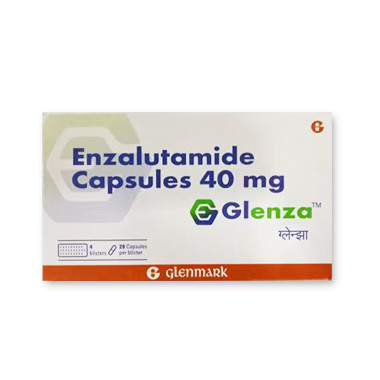Can Enzalutamide Be Dose-Reduced?

Can Enzalutamide Be Dose-Reduced?
Enzalutamide is an oral medication used to treat advanced prostate cancer, particularly in patients who have undergone chemotherapy. However, whether its dosage can be safely reduced remains a topic of debate.
Mechanism of Action
Enzalutamide works by blocking testosterone and other androgens from binding to prostate cancer cells. As a nonsteroidal antiandrogen, it binds to the androgen receptor (AR), inhibiting its activity and effectively suppressing cancer cell proliferation.
Dose Reduction: Clinical Evidence
While enzalutamide is generally safe and effective, studies suggest that reducing its dosage may compromise treatment outcomes:
European Journal of Oncology Study (n=783)
41% of patients required dose adjustments due to adverse effects or disease progression.
Patients with reduced doses showed significantly shorter overall survival (OS) and progression-free survival (PFS) compared to those on standard doses.
Recommendation: Avoid unnecessary dose reductions.
International Urology Journal Study (n=342)
Patients with dose reductions had worse OS and PFS.
Higher risk of disease worsening after discontinuation.
Key Considerations
Standard dosing is crucial for optimal survival benefits.
Dose reduction should only be considered in cases of intolerable side effects, under strict medical supervision.
Individualized treatment plans are essential, as patient responses vary.
Conclusion
Enzalutamide remains a highly effective treatment for advanced prostate cancer, but arbitrary dose reductions may harm outcomes. Physicians must weigh efficacy, toxicity, and patient-specific factors before adjusting doses. Further research is needed to optimize dosing strategies.
Key Terms (Bold for Emphasis):
Enzalutamide
Advanced prostate cancer
Androgen receptor (AR) inhibition
Dose reduction
41% dose-adjusted patients
Shorter OS/PFS
European Journal of Oncology
Individualized treatment
Standard dosing recommended

